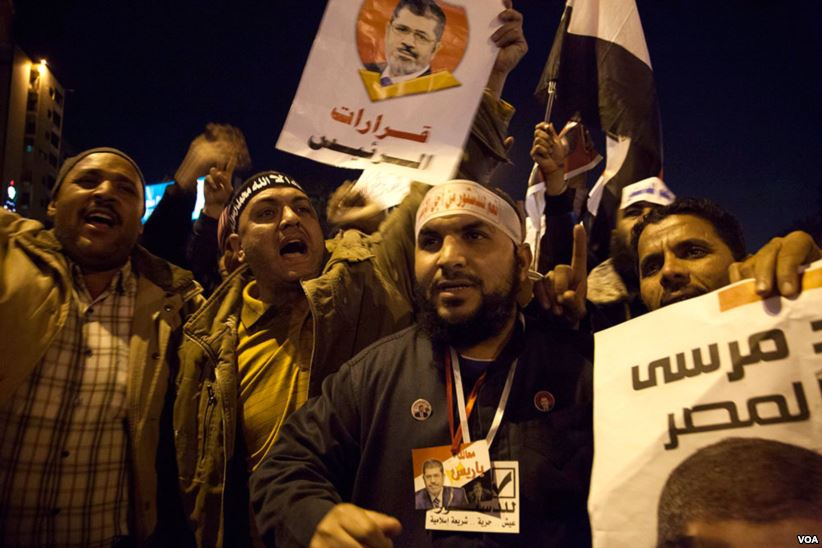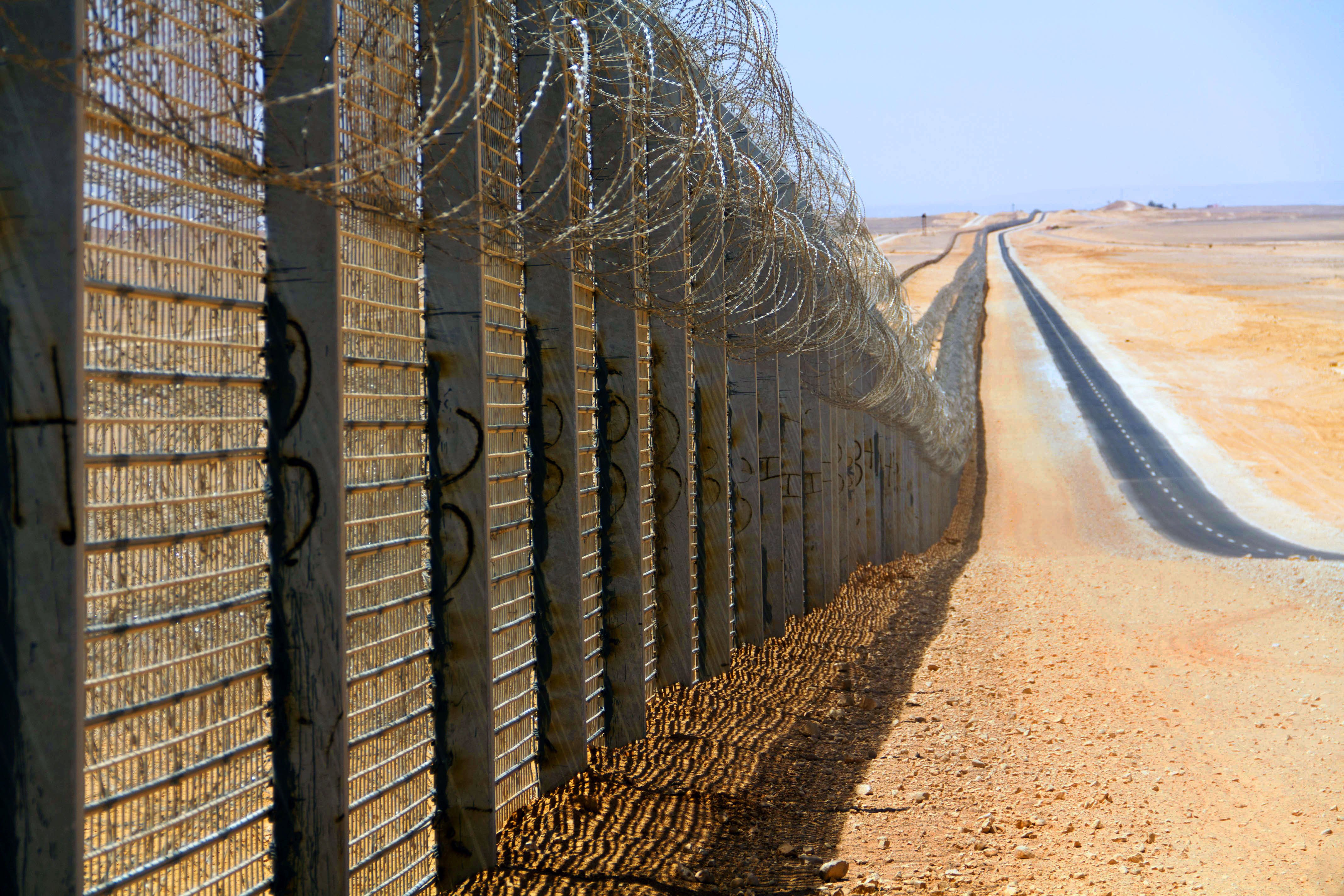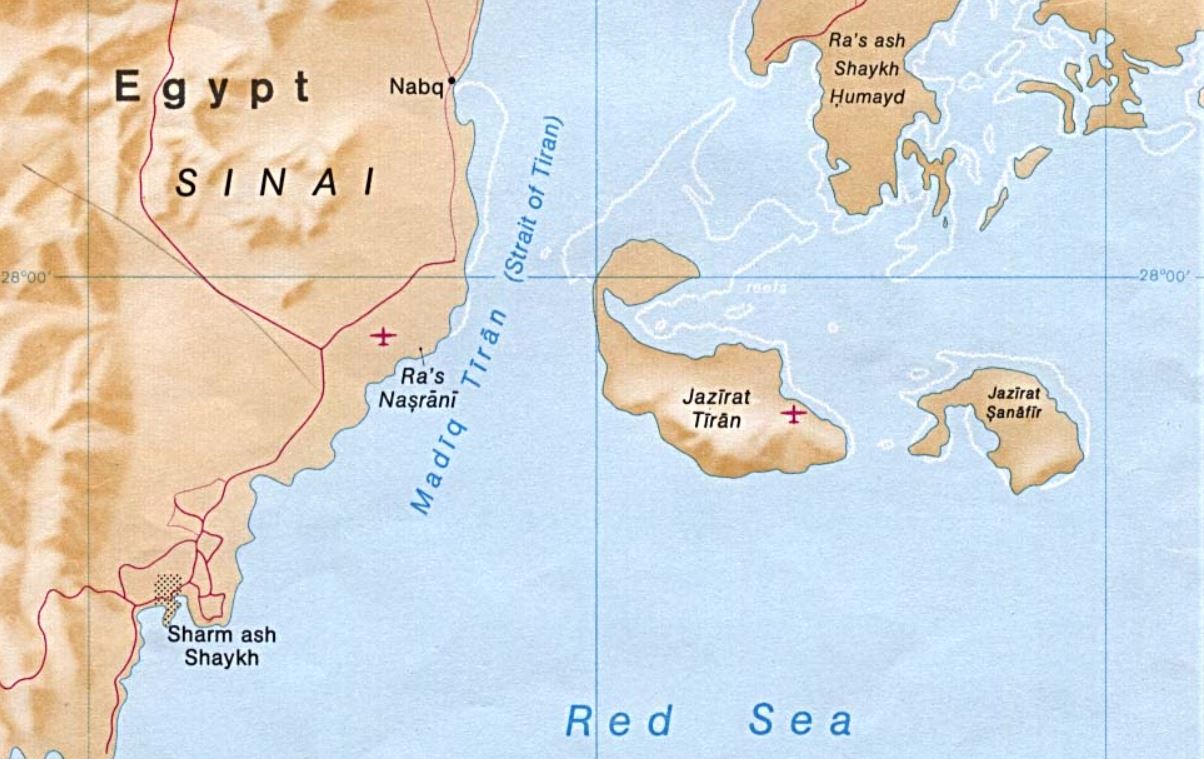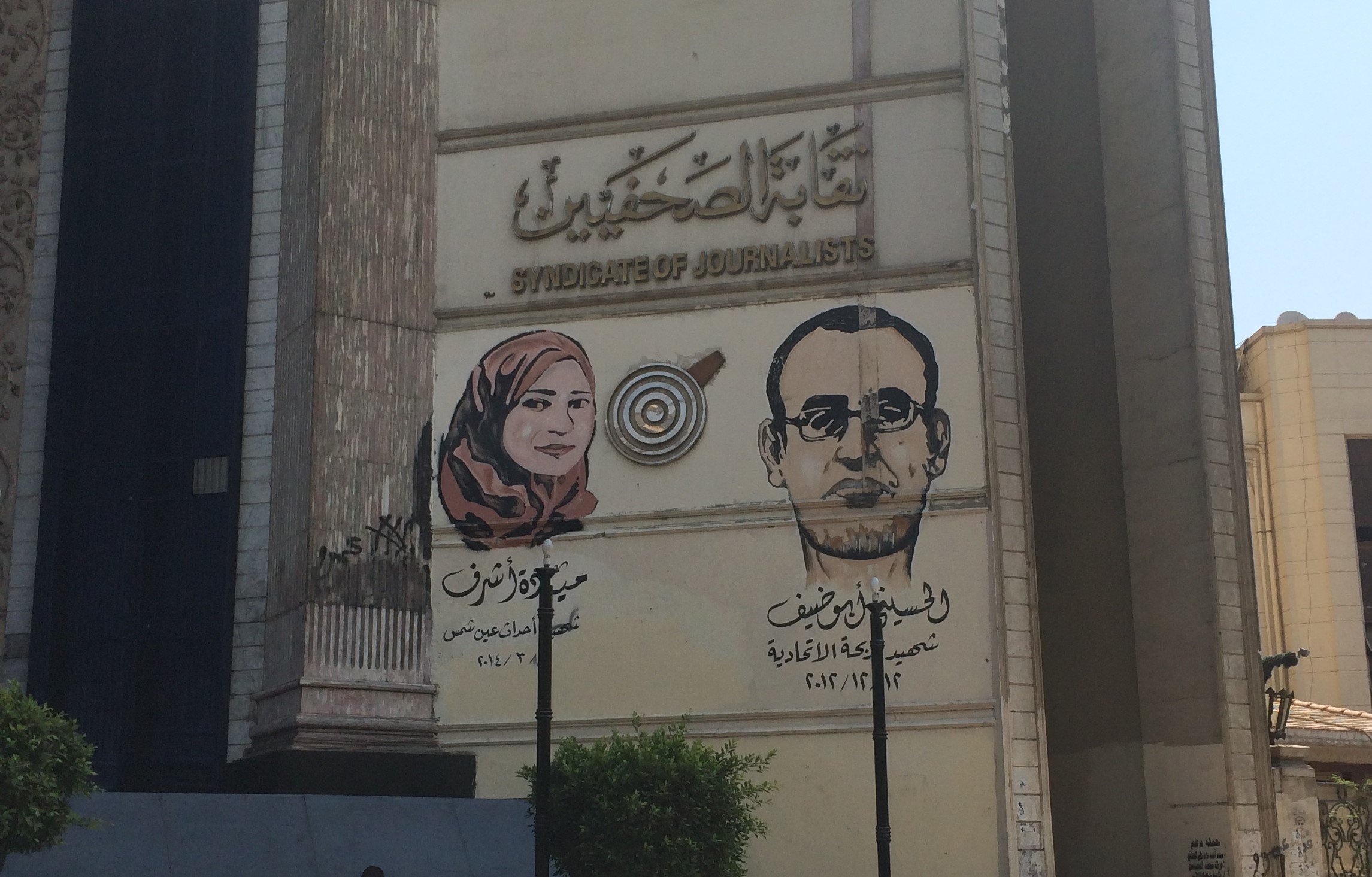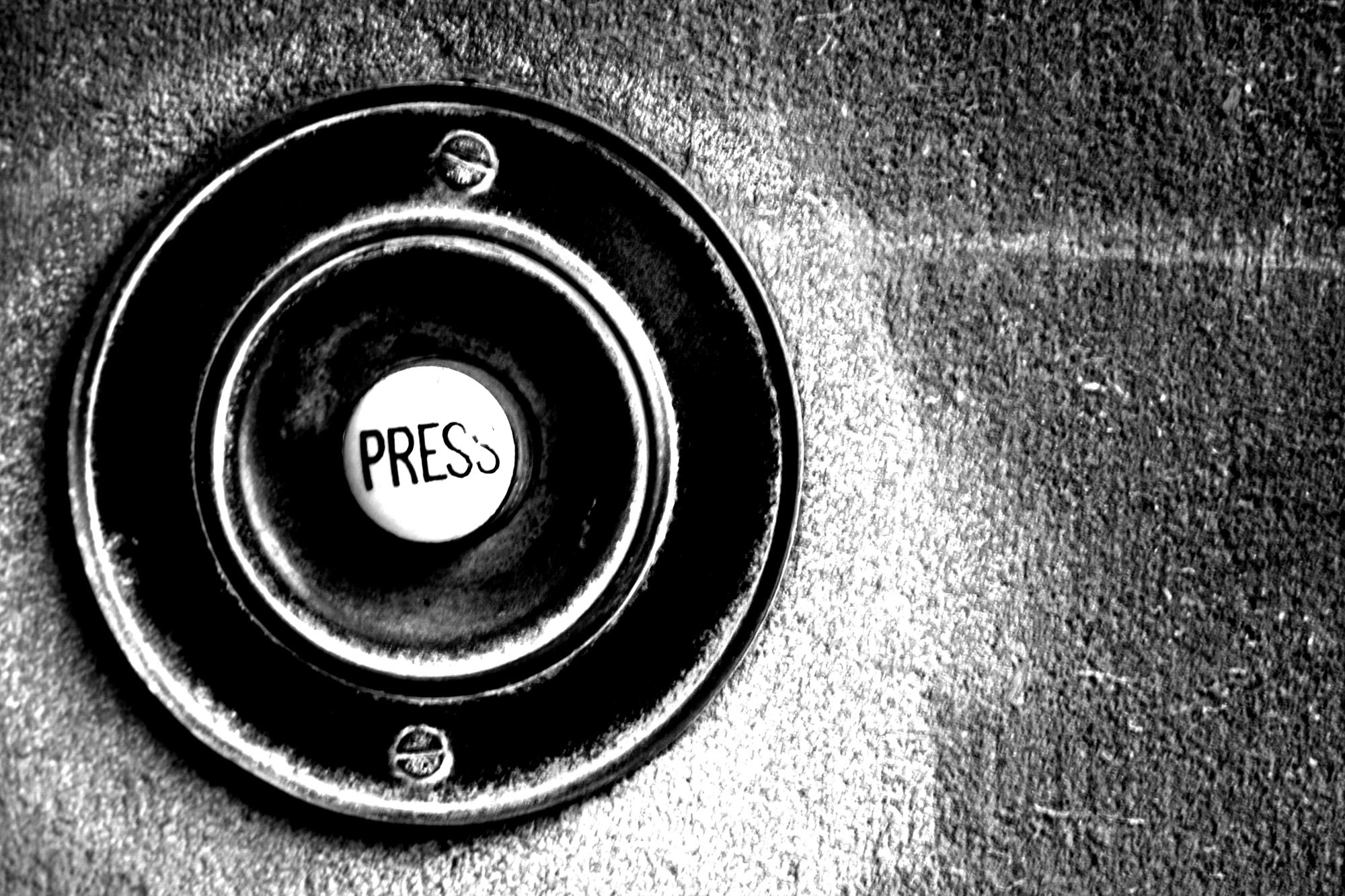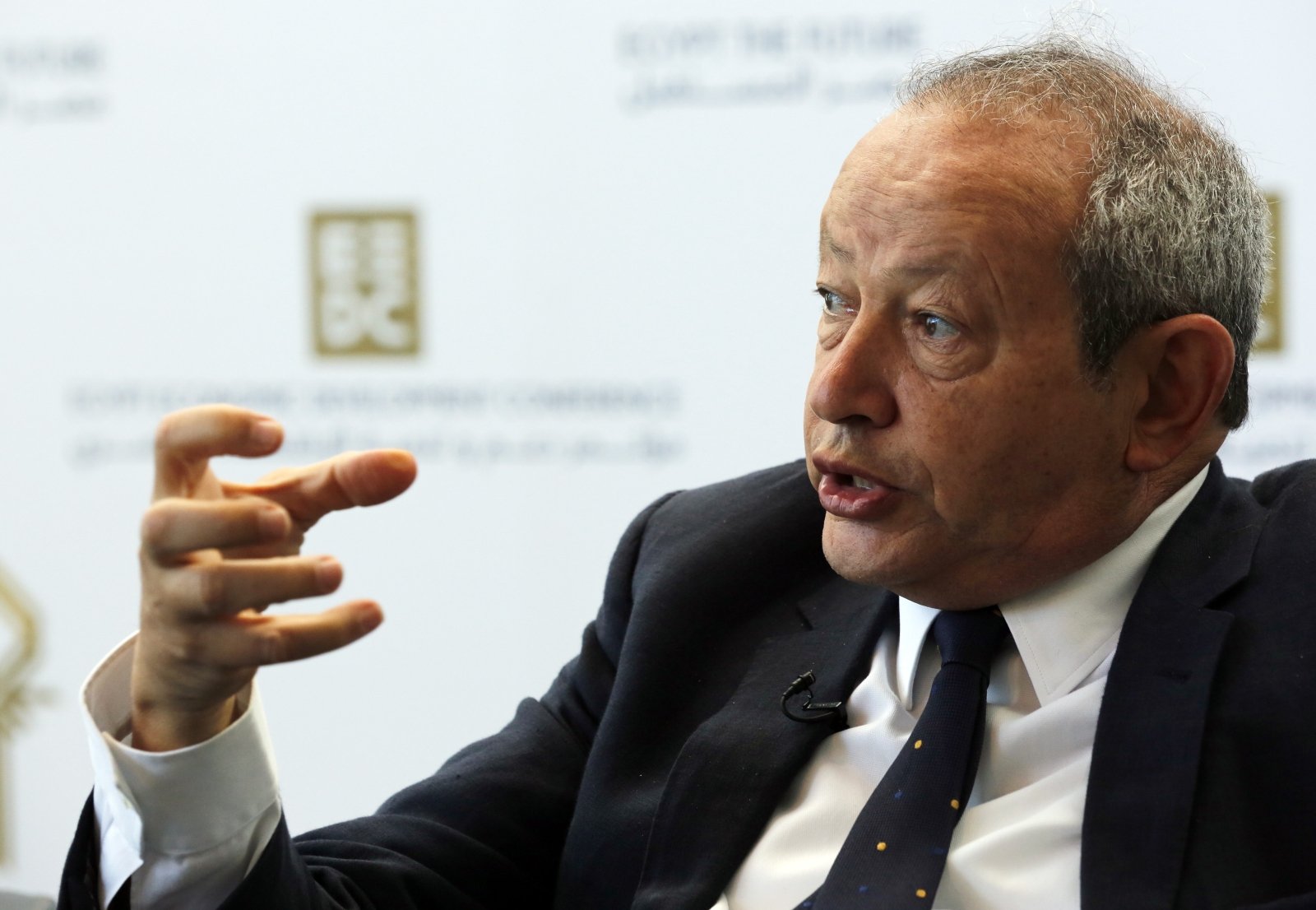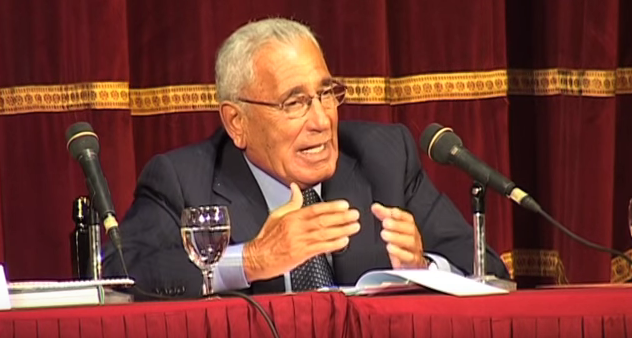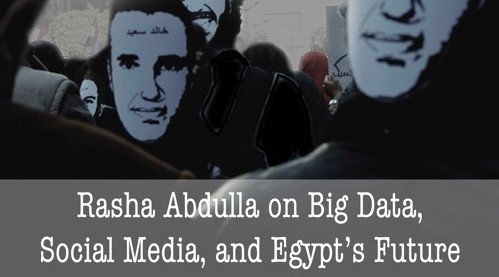قد عرض د.سامي الشريف عميد كلية الإعلام بالجامعة الحديثة للتكنولوجيا والمعلومات دراسة بعنوان "الإعلام والإرهاب..على خط المواجهة"، دارت حول أهمية دور الإعلام بوصفه محددًا مهمًا لتفاقم ظاهرة الإرهاب، وفي الوقت ذاته وسيلة مهمة للقضاء عليها، حيث تناولت العلاقة بين الإرهاب والإعلام التي هي مثار جدل وخلاف، هل هي علاقة دعم أم علاقة مواجهة؟
اقرا المزيد »Egypt
Roots of Religious Extremism: The Muslim Brotherhood and the Four Faces of Tyranny
One way of getting to the “root causes” of terrorism and religious extremism in the Middle East is to examine the thinking of the mother organization of all groups and movements espousing violence and terrorism. Fortunately, the history of the Muslim Brothers is well researched. The revelations of the organization reflect a great deal of inconsistencies between the general and the specific: public pronouncements and specific documents, theory and practice, English and Arabic.
Read More »BOOK EXCERPT | Sinai: Egypt’s Linchpin, Gaza’s Lifeline, Israel’s Nightmare
In his most recent book, Mohannad Sabry examines a region that remains a mystery to people around the world. His thorough research and extensive field experience yield profound insight into the complex claims in the territory that have influenced Sinai's history and its present.
Read More »Media Barred from Trial of Egyptian Press Syndicate Leaders
June 4, 2016—The Qasr el-Nil Court prohibited journalists from entering the trial of Press Syndicate head Yehia Qallash and senior board members Khaled al-Balshy and Gamal Abd al-Reheem.
Read More »Human Rights and Media Organizations Condemn Arrests of Key Egyptian Media Figures
May 30, 2016—Amnesty International called the recent arrest of Egyptian Press Syndicate members "an alarming setback for freedom of expression." The Syndicate leaders were questioned for nearly 12 hours apropos “sheltering” Badr and al-Saqqa at the Syndicate. The prosecution accused the men of harboring fugitives.
Read More »Cabinet of Egypt Approves Bill Governing Media and Press
May 16, 2016—Egypt's Minister of Planning and head of the National Committee for Press and Media Legislation, Ashraf al-Araby, announced the Cabinet's approval of a new bill today. The proposed law includes 230 articles that promise to protect and regulate the work of the media.
Read More »Egyptian Media Company Buys ONTV from Tycoon Naguib Sawiris
CAIRO—Renowned tycoon Naguib Sawiris has sold the company that owns the television channel ONTV. According to a spokesperson today, Egyptian Media Company bought the company. Egyptian Media Company, owned by businessman Ahmed Abu Hashima, released a statement announcing the signed acquisition contract with Sawiris. The deal handed over complete ownership …
Read More »Social Media Users Protest Detention of Members of a Young Egyptian Satirical Group
May 12, 2016—A social media campaign of selfies went viral yesterday in response to the recent prosecutorial decision to detain members of the group Street Children for 15 days. These activists and social media users called for the Street Children’s freedom by posting personal selfies with the Arabic hashtag, “Does the phone camera shake/scare you?”
Read More »Front Row Seat to History: Mohamed Hassanein Heikal
A well-connected journalist, commentator, and master propagandist, Mohamed Hassanein Heikal crafted the message of former president and pan-Arab nationalist Gamal Abd al-Nasser and defended his legacy long after his death. Heikal’s books were consistent best sellers in the Arab world, and his political analysis was accorded respect. His opinion was sought in hour-long television interviews and behind closed doors in the corridors of power. His influence endured the epochs of long-reigning presidents, a revolution, and its political uncertainty. Senior Editor Abdalla Hassan examines his legacy.
Read More »PODCAST | We are all…NETWORKED.
Dr. Rasha Abdulla, associate professor in the Department of Journalism and Mass Communication at the American University in Cairo speaks with us about her work on big data, social media and the Egyptian Revolution. Together with a group of scholars from the University of Amsterdam, Dr. Abdulla conducted big data research using the contents of the “We Are All Khaled Said” Facebook page. Dr. Abdulla was lead on an article investigating the role of the page as a venue for lessons in democratic participation.
Read More » Arab Media & Society The Arab Media Hub
Arab Media & Society The Arab Media Hub
